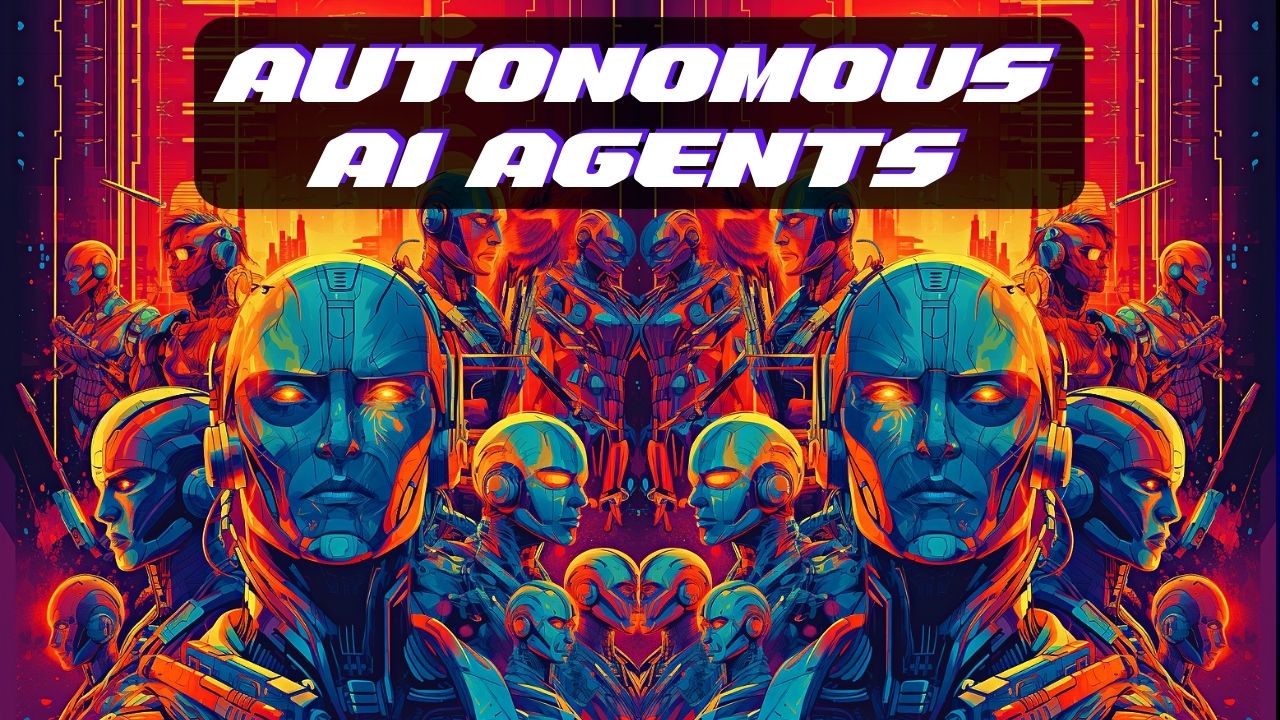I’ve been closely following the rise of autonomous AI agents and their transformative potential across various industries. In today’s post, I’ll be diving deep into how these agents are revolutionizing marketing and finance, two sectors that are already experiencing significant disruption.
From creating highly personalized customer experiences and managing ad campaigns to reshaping risk assessment and personal finance, the impact of autonomous AI agents is profound.
Read more or watch the YouTube video(Recommended)
YouTube:
Autonomous AI Agents Definition
An autonomous AI agent is a type of artificial intelligence system that can independently understand objectives (i.e., specific goals or tasks), create tasks to achieve those objectives, execute the tasks, adapt priorities, and learn from its actions until the desired goals are reached. The agent’s ability to perform these functions autonomously sets it apart from other AI systems that require human intervention or guidance.
Potential Applications of Autonomous AI Agents:
1. Content Creation: AI agents can produce engaging and informative content for websites, blogs, and social media platforms. For instance, they can help generate news articles or create personalized social media posts.
2. Personal Assistants: These intelligent systems can serve as virtual personal assistants that help manage schedules, answer queries, and even automate tedious chores like sorting emails and paying bills.
3. Gaming: Autonomous AI agents can be used to develop more advanced non-player characters (NPCs) or opponents in video games by adapting their strategies based on player behavior.
4. Finance & Personal Finance: AI agents can assist in managing personal finances by providing tailored advice, monitoring expenses, and helping individuals save money through refunds or negotiating better deals on their behalf.
5. Research & Data Analysis: By efficiently sifting through large volumes of data, identifying patterns, and providing valuable insights, autonomous AI agents can streamline the processes involved in research and data analysis.
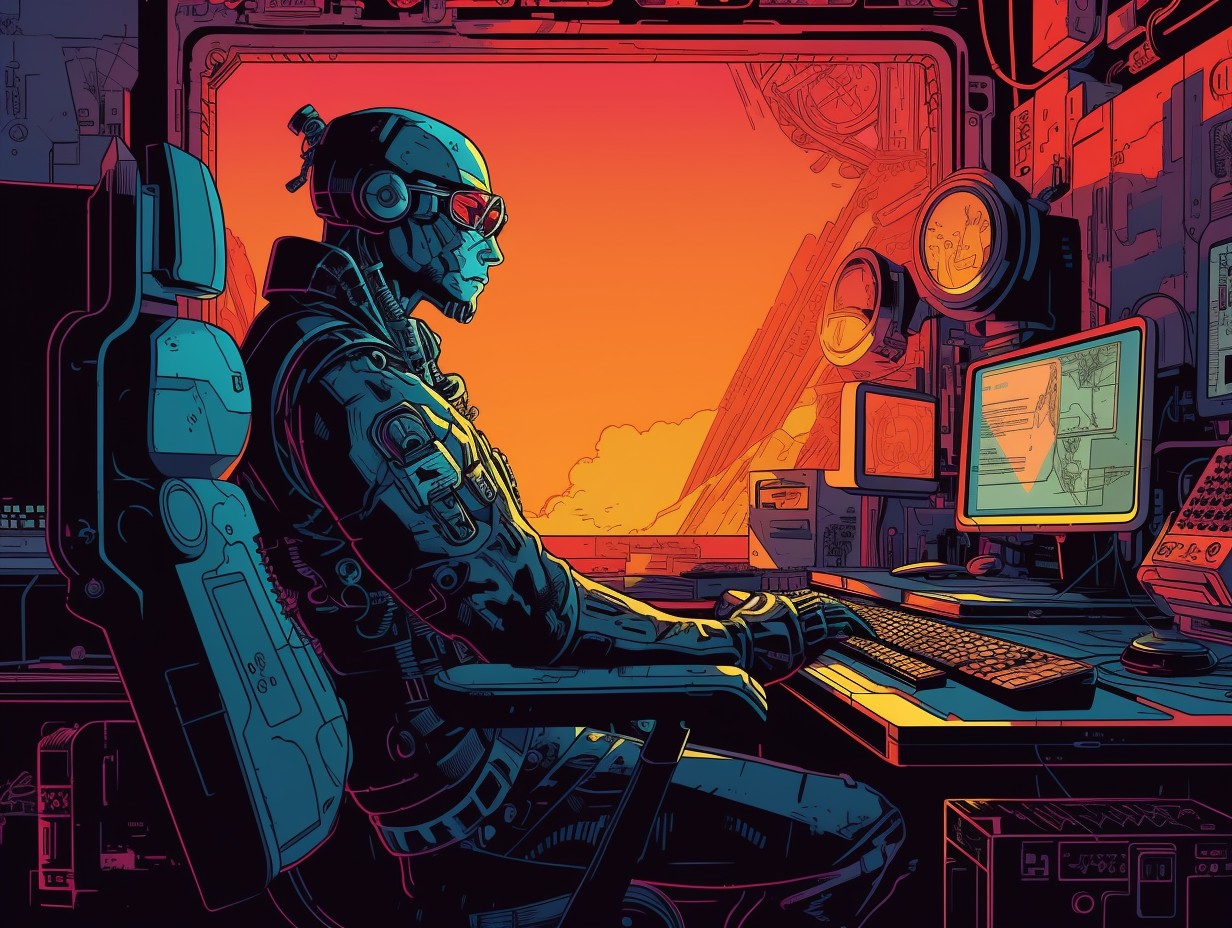
Autonomous AI Agents Framework
The rapid advancements in artificial intelligence have led to a growing interest in understanding the framework for building Autonomous AI Agents. These intelligent systems are capable of operating independently and making decisions based on their knowledge, experiences, and goals. This article outlines the essential components involved in creating such agents, emphasizing their significance in various fields.
1. Perception: The AI agent’s ability to gather and interpret data from multiple sources such as text, images, or videos plays a crucial role in its effectiveness. Advanced AI systems like GPT-4 demonstrate impressive image recognition skills, enabling them to extract valuable information from visual data sets.
2. Memory: An AI agent’s capability to learn and recall past experiences largely depends on its memory storage. Memory can be vector-based or hard storage, and technologies like Pinecone—a vector database designed for machine learning applications—can enhance these capabilities.
3. Decision Making: Involves analyzing available data, weighing options, and selecting the most suitable action based on predefined goals.
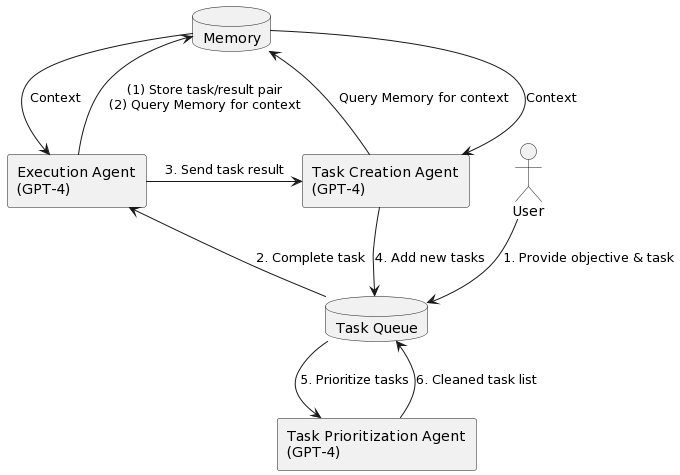
4. Planning: AI agents may develop detailed action plans, considering dependencies, resources, and constraints to meet objectives. The planning component can be controversial because dynamic and complex strategies may challenge traditional approaches and raise questions related to ethics.
5. Action Execution: This is where AI agents carry out tasks autonomously, adjusting their approach as needed to obtain optimal results.
6. Learning: By using techniques like reinforcement learning—an area of machine learning focused on training models using feedback—AI agents can adapt and improve over time, refining strategies and knowledge through trial and error.
7. Communication: Interacting with users, other agents, or systems is crucial for information exchange, collaboration, and feedback receipt.
8. Monitoring and Evaluation: Assessing performance through reflection or evaluation enables AI agents to understand their effectiveness and adjust their strategies accordingly.
9. Browsing: Accessing external sources such as databases, APIs, or web browsing plays a significant role in enhancing knowledge and supporting decision-making processes.
This framework forms the foundation of many cutting-edge AI systems like OpenAI’s BabyAGI or AutoGPT projects. As technology evolves, these components will continuously improve and enhance the functionality of Autonomous AI Agents, paving the way for a future marked by increasingly intelligent systems.
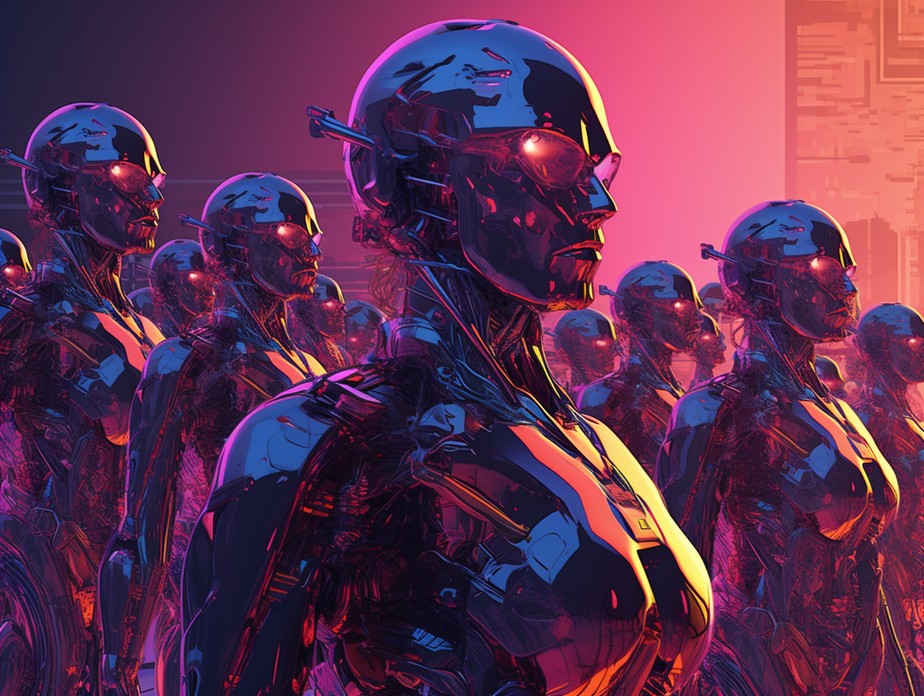
Why should you care about Autonomous AI Agents?
Imagine a world where autonomous AI agents, build by AI Engineers, such as language processing models like OpenAI’s GPT-4 that can understand and generate human-like text, are integral parts of our daily lives, seamlessly managing tasks and pushing the limits of efficiency. It may sound like science fiction, but in the rapidly advancing world of artificial intelligence, this future is closer than you think. That’s why it’s important to care about these AI agents and prepare for the impact they’re poised to make, much like how the invention of assembly lines revolutionized mass production during the Industrial Revolution.
In today’s fast-paced digital landscape, autonomous AI agents have the potential to dramatically improve productivity across industries. By quickly processing vast amounts of data, these agents can optimize processes and minimize errors, allowing businesses to operate more efficiently and stay competitive in a world that is constantly evolving. The 24/7 availability of AI agents also ensures continuous production and faster results, an advantage that traditional human employees simply cannot match.
Cutting labor costs and boosting efficiency are certainly appealing prospects for companies exploring AI solutions. However, it’s important to consider the potential job displacements that may arise as a result. Industries that involve routine tasks or repetitive processes, such as manufacturing or customer service, may experience higher job displacement rates.
Conversely, fields that require innovative thinking, creativity, or advanced problem-solving skills could see a surge in demand as AI adoption increases. As a result, reskilling and upskilling opportunities may emerge in areas such as AI ethics, data analysis, and AI system monitoring – roles that involve guiding and supervising AI-based systems.
The integration of autonomous AI agents into our workforce is no longer a question of if but when. As we stand on the precipice of this technological revolution, it’s crucial for both individuals and businesses to understand the potential implications and opportunities that lie ahead. By embracing this technological wave with open arms and a readiness to adapt, we are setting ourselves up for success in a brave new world driven by artificial intelligence.

Autonomous AI Agents in Gaming
Autonomous AI agents have the potential to revolutionize the gaming industry in various ways, transforming both the player experience and the game environment. By making non-playable characters (NPCs) more dynamic, adaptive, and interactive, these AI agents can contribute to a more immersive gaming experience. Here are some ways in which autonomous AI agents can impact gaming:
- Enhanced realism and immersion: NPCs powered by autonomous AI agents can have more natural and unscripted interactions, making them feel more like real players. This can greatly enhance the level of immersion in a game, as players will no longer be limited to scripted conversations or interactions with game characters.
- Dynamic game world: AI agents can enable the game world to evolve and change even when the player is offline. For example, in a game like GTA 6, the world could continue to change as NPCs interact with each other and the environment, creating a living, breathing game world that offers new experiences each time the player logs in.
- Richer storylines and narratives: With AI agents controlling NPCs, game developers can create more intricate and branching storylines that are influenced by players’ actions and decisions. This can lead to more engaging narratives, where players have a genuine impact on the outcome of the game.
- Adaptive difficulty and challenge: Autonomous AI agents can learn from players’ actions and adapt to their skill level, creating more challenging and engaging gameplay. This can result in a more personalized gaming experience, as the AI adapts to the specific needs and preferences of each player.
- Enhanced social aspects: AI agents can help fill empty game worlds, such as those in MMORPGs like World of Warcraft, by acting as dynamic and interactive NPCs that learn and develop over time. These AI-controlled characters can join players on quests, participate in raids, and contribute to a more social gaming environment.
- Reduced reliance on generic NPCs: Autonomous AI agents can replace generic, static NPCs with more dynamic and engaging characters that provide more meaningful interactions for players. This can result in richer game worlds that feel more alive and captivating.
In conclusion, autonomous AI agents have the potential to significantly impact the gaming industry by creating more immersive, dynamic, and engaging experiences for players. By enhancing realism, adaptability, and interactivity, AI-powered NPCs can redefine how gamers interact with game worlds and characters, ultimately shaping the future of gaming.
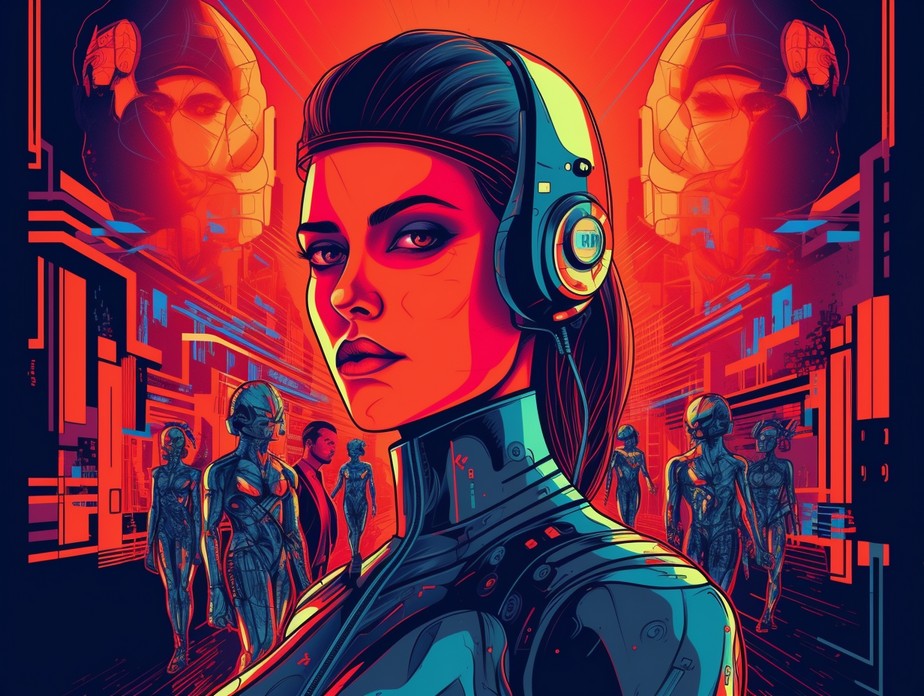
Autonomous AI Agents in Software Development
As we advance into the era of artificial intelligence, one question that continually piques our curiosity is whether autonomous AI agents can become software developers. The idea of AI-driven software development has the potential to revolutionize the industry by automating tasks, enhancing productivity, and enabling developers to focus on more innovative and complex projects. This article delves into the potential of AI agents in software development and how this might shape the future of the industry.
Language models, like OpenAI’s GPT-4, have demonstrated remarkable capabilities in generating code, suggesting that AI agents could indeed take on the role of software developers. They can follow object-driven programming, creating code for specific tasks, and even optimize existing code to improve performance and reduce resource usage. In some instances, AI agents are already being used for these purposes.
Real-time debugging is another area where AI agents can contribute significantly. AI-assisted error detection and debugging could allow for the identification and resolution of issues on the fly, streamlining the development process and reducing the time spent on manual debugging. While it may not yet be a widely adopted practice, the potential for AI agents to enhance debugging is immense.

Collaboration and version control are crucial aspects of software development, and AI agents can help manage these more efficiently. AI-driven version control systems can automatically identify potential conflicts in code merges, saving developers time and preventing errors. Additionally, AI agents can facilitate better collaboration by understanding the context of each developer’s work and suggesting appropriate changes or improvements.
Personalized learning is another area where AI agents can play a significant role. By adapting to the unique coding style of individual developers, AI agents can learn and replicate these styles, offering tailored assistance and creating a more efficient development process. This could be particularly useful when working on projects with specific coding conventions or in teams where consistent coding styles are essential.
In conclusion, autonomous AI agents have the potential to become software developers and contribute significantly to the industry. They can optimize code, assist with real-time debugging, streamline collaboration and version control, and even offer personalized learning for developers. While the technology is still evolving, the integration of AI agents into software development holds immense promise for the future. As AI continues to advance and adapt, we can expect to see a more substantial impact on the world of software development and the way we create and maintain applications.
Autonomous AI Agent Authors
The concept of autonomous AI agents becoming authors is no longer a far-fetched idea but rather an intriguing possibility. The rapid advancements in artificial intelligence and natural language processing have led us to a point where AI-generated content is becoming more sophisticated and human-like. However, the question remains: Can these AI agents truly become authors in their own right?
To answer this question, we need to examine several aspects of the authorship process, such as research, writing, and the synergy between writer and editor.
Research: A crucial part of any author’s work is conducting research. AI agents, if given the proper framework, can undoubtedly perform extensive research. They can scour the internet, analyze documents, and even interact with people through email or social media platforms like LinkedIn. However, the quality of the research will largely depend on the AI’s ability to understand context, filter relevant information, and synthesize the data into a coherent narrative.
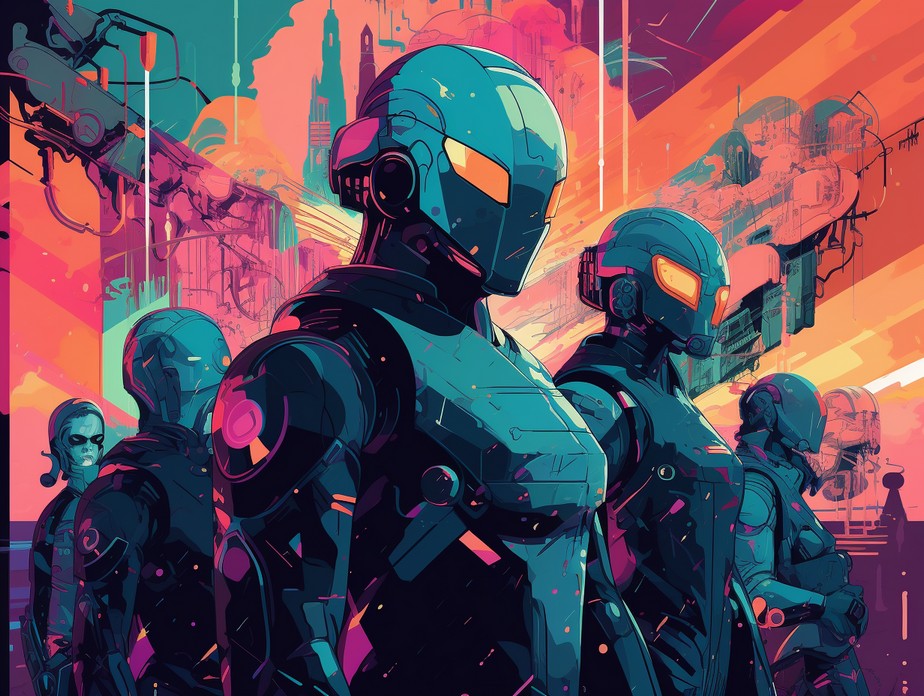
Writing: AI-generated nonfiction and fiction content is already a reality, with AI being capable of producing coherent and engaging pieces. Yet, the depth, creativity, and originality of AI-generated content may not yet match that of human authors. The nuances of storytelling, character development, and emotional resonance can be challenging for AI to grasp, and it might require further advancements in AI technology to achieve that level of sophistication.
Writer-Editor Synergy: The creative process often involves a dynamic exchange between the writer and the editor. This iterative feedback loop can significantly enhance the final piece of writing. For AI agents to replicate this synergy, they would need to be able to comprehend and respond to feedback, adjusting their writing accordingly. While AI can be programmed to accept and process feedback, it may still struggle to capture the subtleties and complexities of human editorial input.
In conclusion, autonomous AI agents have the potential to become authors, but they are not quite there yet. While they can perform research and generate written content, the complexity and creativity of human authorship remain a challenge for AI to replicate fully.
Further advancements in AI technology, especially in areas such as context understanding, emotional intelligence, and adaptive learning, will be crucial in determining whether AI agents can ultimately be considered true authors.
For now, AI-generated content can be a valuable supplement to human-authored works but may not yet be ready to replace them entirely.
Autonomous AI Agents in Marketing
The advent of autonomous AI agents has revolutionized various industries, with marketing being no exception. The integration of AI into marketing strategies has the potential to optimize and streamline processes, enhance customer experiences, and facilitate more effective decision-making. In this article, we will explore in depth the ways in which autonomous AI agents can impact marketing.
1. Personalized Experiences:
AI agents can analyze vast amounts of customer data to create highly personalized content and experiences. By examining customer preferences, behaviors, and demographics, AI-driven marketing campaigns can target specific segments with tailored messaging, offers, and interactions. This level of personalization not only increases customer satisfaction but also leads to higher conversion rates and brand loyalty.
2. Ad Campaign Management:
Autonomous AI agents can manage the entire ad campaign lifecycle, from creation to monitoring and optimization. With the ability to analyze real-time data, AI agents can make quick, data-driven decisions to optimize ad performance, adjusting factors such as targeting, bidding, and creative elements. This level of automation frees up marketers to focus on higher-level strategic tasks and ensures campaigns are continually optimized for maximum ROI.

3. Content Creation:
Content is king in the digital marketing world, and AI agents have the capacity to generate high-quality content tailored specifically to target audiences. With advancements in natural language processing and machine learning algorithms, AI-powered tools can generate engaging, coherent, and contextually relevant content that resonates with consumers. This capability enables marketers to maintain a consistent brand voice while scaling content production across various channels.
4. Sentiment Analysis:
Understanding consumer perceptions is critical to successful marketing. Autonomous AI agents can perform sentiment analysis on social media, reviews, and other online sources to gauge how a brand is perceived by its audience. By identifying patterns and trends in customer sentiment, marketers can address concerns and capitalize on positive feedback to build stronger brand reputation and relationships with their target audience.
5. Forecasting and Planning:
AI agents can harness their predictive capabilities to forecast future consumer demands and market trends. By analyzing historical data, seasonal patterns, and external factors, AI-driven systems can help marketers plan campaigns and inventory more effectively, minimizing waste and maximizing revenue opportunities. Predictive analytics can also identify potential risks and opportunities, enabling marketers to make more informed decisions and stay ahead of the competition.
In conclusion, autonomous AI agents have the potential to significantly impact marketing by offering personalized experiences, managing ad campaigns, creating content, performing sentiment analysis, and assisting with forecasting and planning. By leveraging these capabilities, marketers can create more effective, data-driven strategies that resonate with their target audience, ultimately driving growth and success in an increasingly competitive landscape.
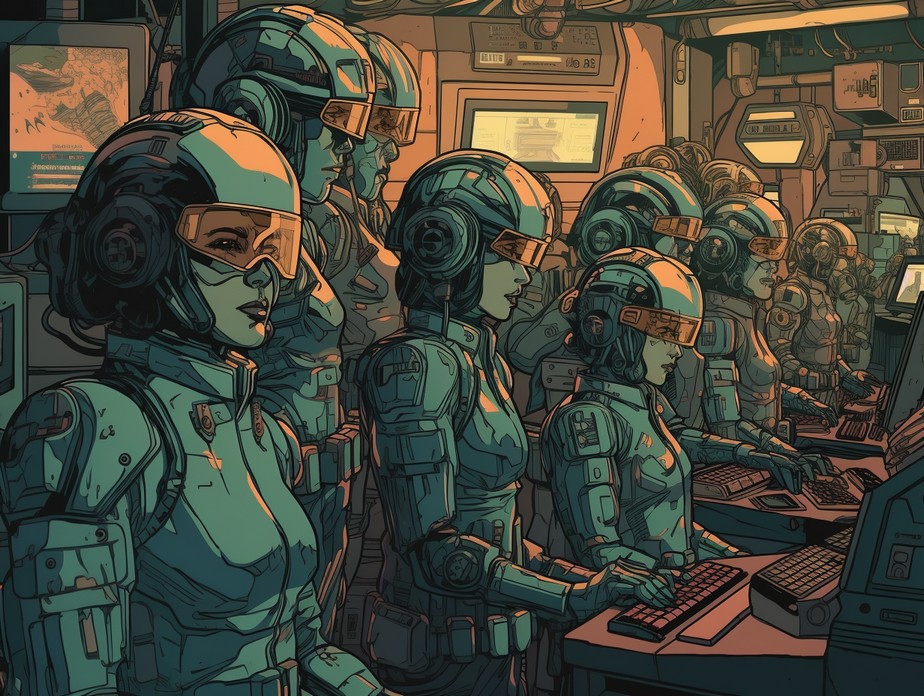
Autonomous AI Agents in Finance
The financial sector has been undergoing significant transformations over the past few years, and the integration of autonomous AI agents is one of the key driving forces behind these changes.
AI-powered solutions have the potential to revolutionize the finance industry, making it more efficient, secure, and accessible to a wider audience. In this blog post, we will delve into the different ways autonomous AI agents can impact finance, touching upon algorithmic trading, risk assessment, fraud detection, personal finance, and regulatory compliance.
1. Algorithmic Trading
Algorithmic trading has already made a significant impact on the financial markets, with high-frequency traders employing sophisticated algorithms to execute trades at lightning speeds. As AI technology continues to advance, we can expect these algorithms to become even more intelligent and adaptable, allowing them to better exploit market inefficiencies and execute more strategic trades. This increased efficiency could lead to greater liquidity and improved price discovery in the market, benefiting all market participants.
2. Risk Assessment
Autonomous AI agents have the potential to revolutionize risk assessment in finance by monitoring real-time market conditions and analyzing financial risks on the fly. This would enable financial institutions and investors to make more informed decisions, reduce potential losses, and better manage their portfolios. For instance, AI agents could listen to Federal Reserve meetings and instantly analyze the information to make market predictions, giving traders a competitive edge.

3. Fraud Detection
Financial fraud is a constant concern for both consumers and financial institutions. AI agents can help mitigate this risk by employing advanced pattern recognition and anomaly detection techniques to identify potentially fraudulent activities. By monitoring transactions in real time, these AI agents can quickly flag suspicious activities and alert the necessary parties, helping to prevent financial fraud and improve overall security.
4. Personal Finance
Autonomous AI agents can also play a significant role in personal finance by offering financial advice, automating budgeting, and optimizing investment portfolios. AI-driven financial advisors can analyze an individual’s financial goals, risk tolerance, and investment preferences to recommend personalized investment strategies. Additionally, AI-powered budgeting tools can help users better manage their expenses, save for their goals, and achieve financial stability.
5. Regulatory Compliance and Reporting
Regulatory compliance is a critical aspect of the financial industry, and AI agents can help automate and streamline the process. By automating the collection and analysis of regulatory data, AI agents can reduce the risk of errors, ensure timely reporting, and minimize the resources required for compliance. This will not only save financial institutions time and money but also help maintain a high level of transparency and trust in the financial system.
In conclusion, autonomous AI agents have the potential to significantly impact the finance industry by improving efficiency, reducing risk, and enhancing overall customer experience. As AI technology continues to advance, we can expect the role of these agents to expand, shaping the future of finance and opening up new opportunities for growth and innovation.
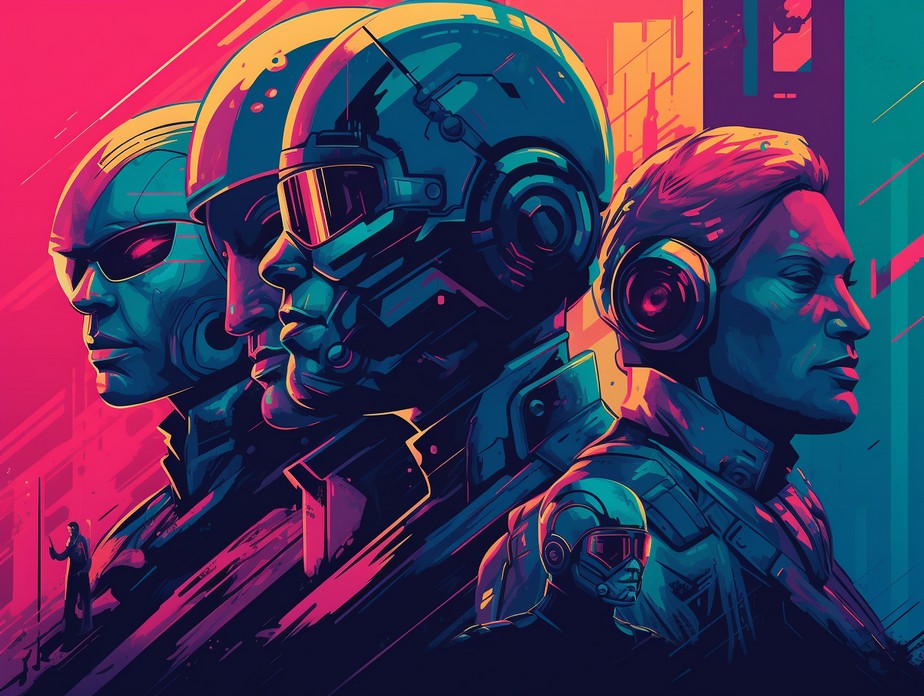
Conclusion
As I ponder the question, “What is my Autonomous AI Agent conclusion?”, I find myself in awe of the potential these agents possess. I believe we are witnessing the dawn of a new era, one that will reshape industries, redefine job roles, and transform the way we interact with technology. It’s undeniable that early adopters of AI agents will have a significant competitive edge, as staying ahead of the curve and capitalizing on AI-driven opportunities will be essential to personal and professional growth.
Embracing AI agents early on can be a game-changer for adapting to the evolving job market and enhancing skill sets. These agents can automate mundane tasks, allowing us to focus on creativity and innovation, which will lead to substantial increases in efficiency and productivity.
I feel a mix of excitement and apprehension as I stand on the precipice of this monumental shift in the world of work and technology. Autonomous AI agents will undoubtedly have a significant impact in the coming years, and it’s crucial that we prepare for change.
The ability for these agents to cooperate and even write code autonomously takes us into uncharted territory, presenting new challenges and opportunities. While the full extent of their influence remains to be seen, one thing is clear: we must embrace AI agents and adapt to the changing landscape they create.

